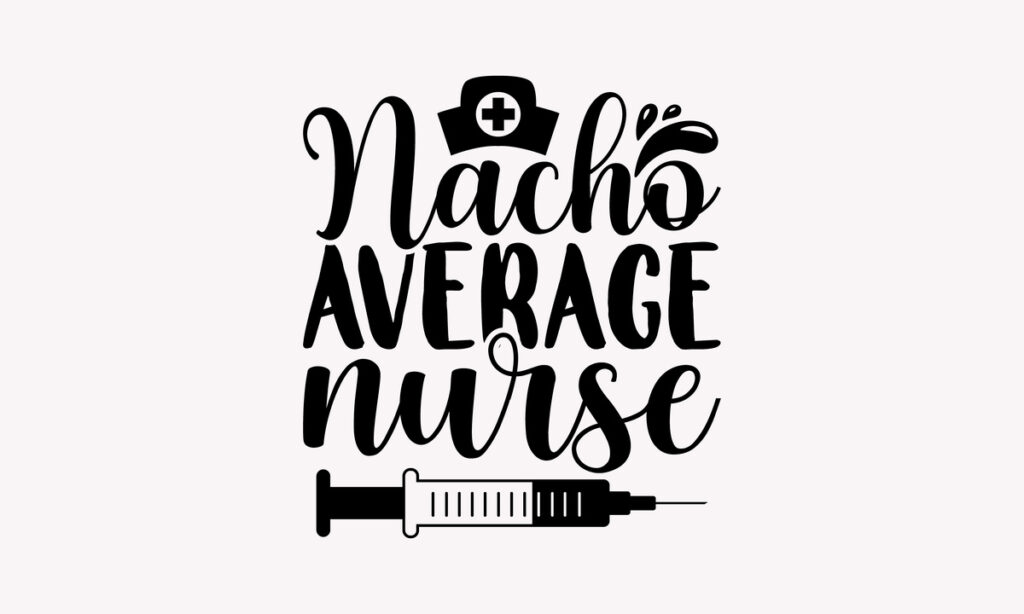In the ever-evolving healthcare landscape, nurses often find themselves considering career transitions. Whether moving to a different specialty, location, or role, understanding the nuances of nurse transfers can make these transitions smoother and more successful.
Understanding the Importance of Career Transitions
Career transitions in nursing are not just about changing jobs; they represent an opportunity for professional growth and personal fulfillment. As healthcare needs evolve, nurses may seek to specialize in areas that align with their interests or respond to market demands. This adaptability is crucial in a field that is constantly changing.
Moreover, transitioning to a new role can enhance a nurse’s skill set, making them more versatile and valuable in the workforce. By embracing these changes, nurses can ensure they remain engaged and satisfied in their careers, ultimately leading to better patient care and outcomes.
Identifying Transferable Skills
One of the key aspects of a successful nurse transfer is recognizing and leveraging transferable skills. Skills such as communication, critical thinking, and patient assessment are valuable across various nursing specialties. Understanding how these skills apply to different roles can help nurses position themselves effectively during the transition process.
Additionally, creating a comprehensive skills inventory can aid nurses in identifying areas for further development. This proactive approach not only boosts confidence but also enhances employability in new roles, making the transition smoother and more efficient.
Navigating the Job Market
When considering a career transition, navigating the job market is essential. Researching potential employers, understanding job requirements, and networking with professionals in the desired field can provide valuable insights. Utilizing online job boards and professional organizations can also help nurses find opportunities that align with their career goals.
Furthermore, attending job fairs and industry conferences can facilitate connections with hiring managers and other healthcare professionals. These interactions can lead to mentorship opportunities and provide a clearer understanding of the expectations in different nursing roles.
Continuing Education and Certification
Continuing education plays a vital role in facilitating nurse transfers. Many specialties require specific certifications or additional training, which can enhance a nurse’s qualifications and marketability. Pursuing relevant courses or certifications not only demonstrates commitment but also equips nurses with the knowledge needed to excel in their new roles.
Additionally, many employers offer support for continuing education, including tuition reimbursement or flexible scheduling for classes. Taking advantage of these resources can significantly ease the transition process and foster professional development.
Emotional and Psychological Considerations
Transitioning to a new nursing role can be emotionally taxing. Nurses may experience anxiety about their new responsibilities or fear of the unknown. Acknowledging these feelings is crucial for a successful transition. Seeking support from colleagues, mentors, or professional counseling can provide the necessary encouragement and guidance during this period.
Moreover, developing a positive mindset and setting realistic expectations can help nurses navigate the challenges of career transitions. Embracing change as an opportunity for growth can lead to a more fulfilling and rewarding nursing career.
Creating a Transition Plan
A well-structured transition plan is essential for a seamless career change. This plan should outline specific goals, timelines, and resources needed for the transition. By breaking down the process into manageable steps, nurses can reduce feelings of overwhelm and stay focused on their objectives.
Additionally, incorporating feedback from peers and mentors can enhance the effectiveness of the transition plan. Regularly reviewing and adjusting the plan as needed ensures that nurses remain on track and can adapt to any unforeseen challenges that may arise during the transition.
| Aspect | Description |
|---|---|
| Introduction | Nurse transfers refer to the process of moving from one healthcare facility to another, which can be a significant career transition for nursing professionals. |
| Reasons for Transfer | Nurses may seek transfers for various reasons, including career advancement, relocation, work-life balance, or seeking new challenges. |
| Preparation Steps | Before initiating a transfer, nurses should assess their career goals, update their resumes, and gather necessary documentation such as licenses and certifications. |
| Networking | Building a professional network can facilitate smoother transitions. Engaging with colleagues and joining nursing associations can provide valuable insights and opportunities. |
| Application Process | Understanding the application process at the new facility is crucial. This includes submitting applications, attending interviews, and possibly undergoing background checks. |
| Orientation and Training | Once transferred, nurses may undergo orientation and training to familiarize themselves with the new environment, policies, and procedures. |
| Challenges | Common challenges during transfers include adapting to new workplace cultures, building rapport with new teams, and managing the stress of change. |
| Support Systems | Utilizing support systems such as mentors, peer support groups, and employee assistance programs can help ease the transition process. |
| Conclusion | With proper preparation and support, nurse transfers can be a positive experience that enhances career growth and job satisfaction. |



